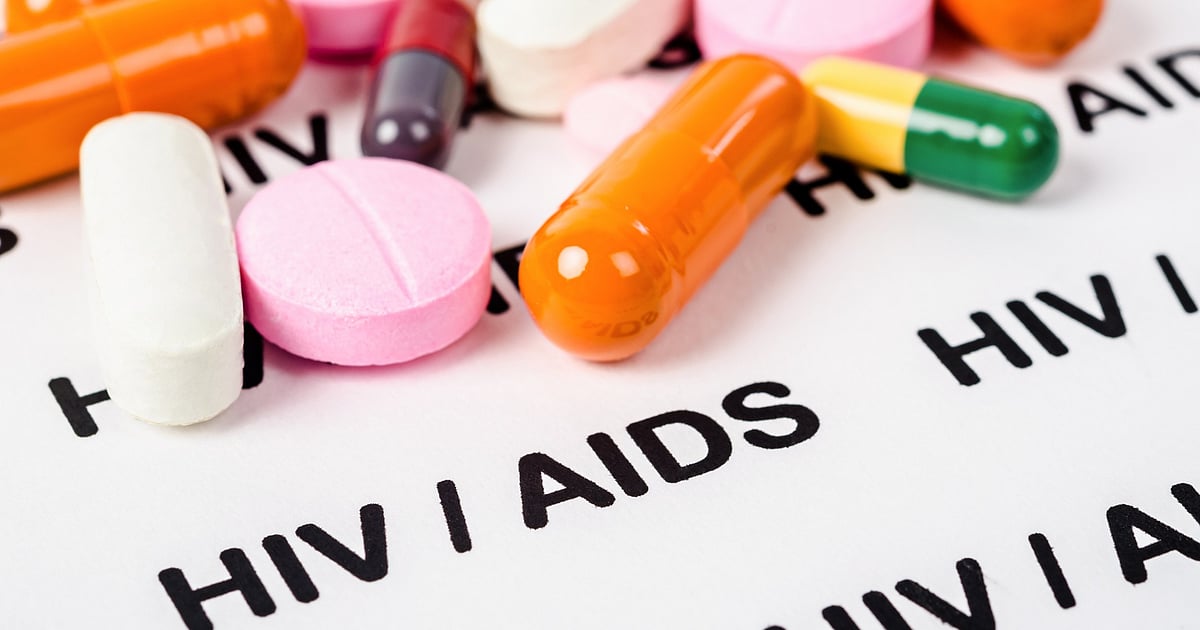Bail denied to HIV+ drug offender amidst serious health concerns
Judicial CrackdownPosted by AI on 2025-09-03 13:00:59 | Last Updated by AI on 2025-09-05 01:00:38
Share: Facebook | Twitter | Whatsapp | Linkedin Visits: 1

Body paragraphs:
The Supreme Court of India has denied bail to a man convicted of a non-violent narcotics offense due to his apparent failure to disclose his HIV status at the time of his arrest. The man has been imprisoned for over two years, leaving his health severely compromised.
The accused, Mr. A.G., was arrested in June 2019 for possession and transportation of narcotics under Section 21 of the Narcotic Drugs and Psychotropic Substances Act (NDPS). He was convicted and sentenced to one year's imprisonment in a Mumbai session court.
Mr. A.G. appealed to the Bombay High Court, arguing that his HIV status and the subsequent discreditability warranted a reduction in his sentence. The High Court rejected his appeal, ruling that the sentence already accounted for his health concerns.
The Supreme Court's denial of bail has prompted concerns from legal experts and public health advocates, who highlight the heightened vulnerability of imprisoned HIV patients and the potential for undue suffering. Given the man's already fragile health, denying bail could potentially violate his right to health and life under Article 21 of the Indian Constitution.
The decision raises questions about the justice system's response to the needs of HIV+ individuals and underscores the importance of safeguarding the rights of prisoners with special health considerations.
Conclusion:
This denial brings to light the challenging situation of those incarcerated with special health considerations in Indian prisons. With the threat of HIV stigma and the potential denial of healthcare, this case opens a wider conversation about how our justice system must prioritize the rights and health of individuals with non-violent offenses, especially those battling unforgiving medical conditions.
Search
Categories
- Sports
- Business
- National
- Investments
- History
- Politics
- International
- Science & Technology
- Social Issues
- Disaster Management
- Current Affairs
- Events & Jobs
- మన పార్టీ
- మన నాయకత్వం
- మన విజయాలు
- డౌన్లోడ్స్
- మీడియా వనరులు
- కార్యకర్తలు
- రాజకీయం
- బిజినెస్
- సంపాదకీయం
- నవ్య
- చిత్ర జ్యోతి
- క్రీడలు
- జాతీయం
- తెలంగాణ
- తాజా వార్తలు
- Fast Check
- South
- Gallery
- Sunday Chronicle
- Hyderabad Chronicle
- Technology & Innovation
- Innovations and Initiatives
- బిజినెస్
- North East Skill Center News
- Government Schemes
- Entrepreneurship Support
- Employment Opportunities
- Skill Training Programs
- Education
- Startup Business
- Startup News
- Awards
- Community Services
- Fundraising Events
- Volunteer Services
- Health Initiatives
- సినిమా
- లైఫ్ స్టైల్
- క్రైం
- ట్రెండింగ్
- జాబ్స్
- అంతర్జాతీయo
- In News
- Banners
- Awards
- Partners
- Products
- Press Releases
- News
- Departments
- Initiatives
- Resources
- Telangana IT Parks
- Press Releases
- News
- Airport News
- Sports
- Business
- Newtons Laws of Motion
- Karbonn in Business
- Investments in Karbonn
- Company quarterly sales
- Markets
- Auto News
- Industry
- Money
- Advertisements
- Stock target
- Company Updates
- Stock Market
- Company Sales
- Staffing and HR
- Constituency Assembly
- General News
- Srikalahasti Temple
- Bojjala Sudhir Reddy
- Products
- Industries
- Services & Trainings
- Tools & Resources
- Technology Integration
- Drug Seizures & Arrests
- Telangana Narcotics
- Law & Enforcement
- Rehabilitation
- Nationwide Drug Policing
- Nigeria Seizures
- Global Operations
- Drug Awareness
- Drug Enforcement Tech
- NCB Drug Seizures
- Judicial Crackdown
- India's Surveillance Tools
- Cross-Border Links
- Women Safety
- Cyber Crimes
- Drug Abuse
- Traffic & Road Safety
- Community Connect
- Public Safety Alerts
- Citizen Assistance
- Nellore City News
- Politics & Administration
- Events & Festivals
- Agriculture & Rural
- Business & Economy
- Health & Wellness
Recent News
- Lawsuit Brewing Over Presidential Deployment of National Guard to DC
- Trump signs 'largest deal in history' with Japan boosting trade, investment
- Matthew Breetzke's Lord's Debut Seals Series Advantage For South Africa
- Hyderabad Resident Loses Nearly 8 Lakhs in WhatsApp Investment Scam
- Sure, here is a draft of a possible news article on this topic:
- PIL exposes corruption in civic body, 71 buildings lack occupancy certificates
- Region-locked Content: Delayed Justice for Indian Netizens?
- Flood crisis intervention